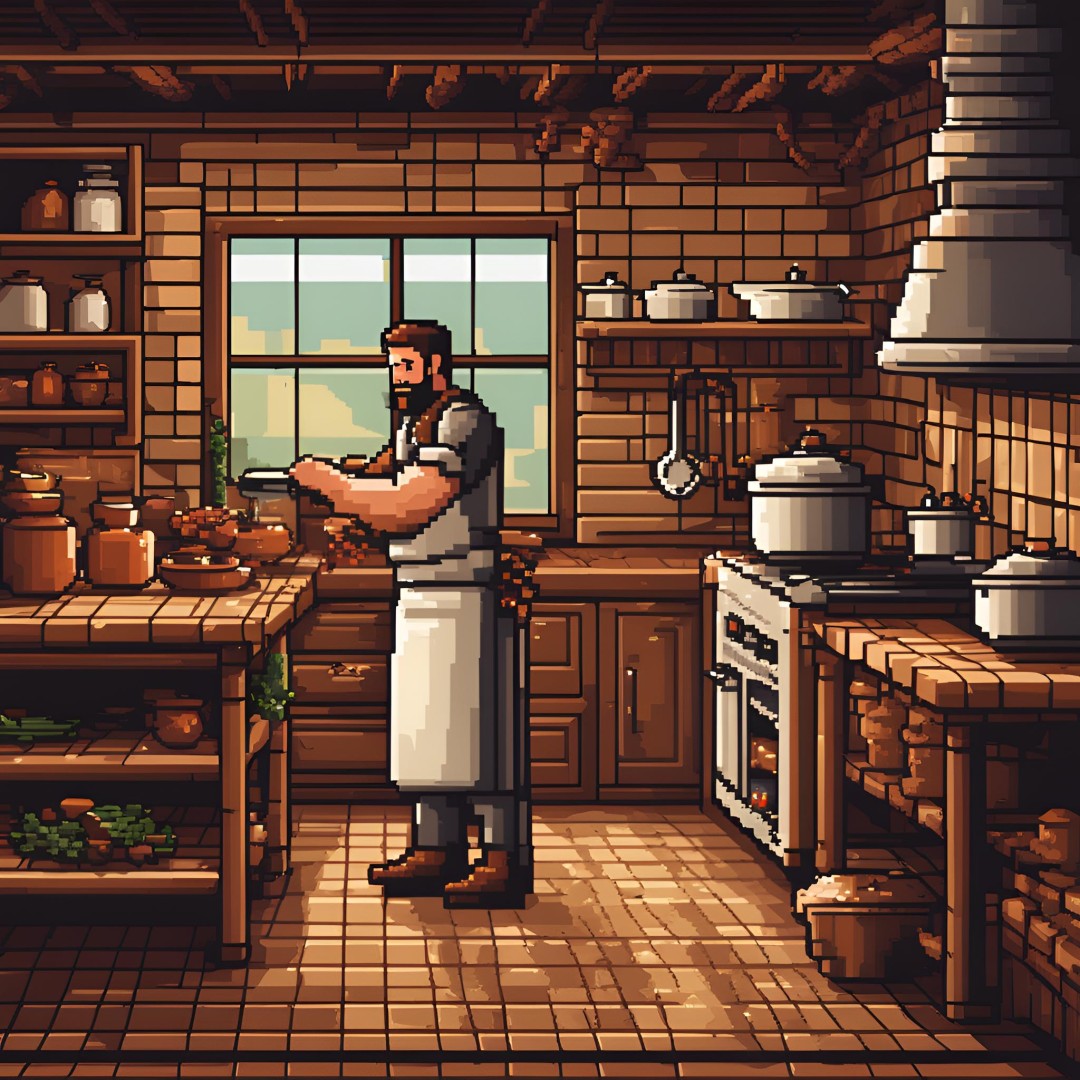Marbled Rye Bread

Chef's notes
If your Yeast is not fresh you'll need to pre-activate it by taking some of the luke warm water and putting the yeast in it with a heavy 4 finger pinch of sugar and let it sit tell its visibly bubbling. If you do this just add the water yeast mix in with the wets.
Most ovens do not hold 2 sheet pans at once, so if you are using sheet pans, put 1 of them in the refrigerator instead of immediately proofing the dough. The dough can then be proofed and baked as much as 2 days later.
White rye flour is milled rye flour that has been sifted twice to remove the bran and germ. However, rye flour, even when sifted, retains an off-white color that distinguishes it from flour milled from wheat berries. There is another version of rye flour called dark rye, milled from the outer endosperm of the rye berry and thus coarser and full of pigments. Another type is called pumpernickel rye, which is whole rye berries, coarsely milled. There is also a grade called rye meal, which is even more coarsely milled. Dark rye is useful in some breads, especially German-style rye, but it does tend to make a much heavier loaf, not appropriate for the marbled rye of this formula.
Rye breads should always be mixed for a shorter time than wheat breads because the pentosan gums in the rye interfere with gluten development (rye has a different protein profile than wheat, with glutelin replacing glutenin). Once the dough gums up, no amount of additional flour will make it feel less gummy. If the gums do begin to kick in, finish mixing and proceed anyway, handling the dough with a little flour on your hands to protect against sticking.
Details
- ⏲️ Prep time: 3 hours 20 min
- 🍳 Cook time: 45 min
- 🍽️ Servings: 2 loafs
Ingredients
- For the Light Rye
- 1 1/2 cups (6 ounces) white rye flour
- 3 cups (13.5 ounces) unbleached bread or clear flour
- 1 1/2 teaspoons (.38 ounce) salt
- 1 3/4 teaspoons (.19 ounce) instant yeast
- 1 1/2 teaspoons (.17 ounce) caraway seeds (optional)
- 1 tablespoon (.75 ounce) molasses
- 2 tablespoons (1 ounce) unsalted butter
- About 1 1/4 cups plus 2 tablespoons (11 ounces) water, at room temperature
- For the Dark Rye
- 1 1/2 cups (6 ounces) white rye flour
- 3 cups (13.5 ounces) unbleached bread or clear flour
- 1 1/2 teaspoons (.38 ounce) salt
- 1 3/4 teaspoons (.19 ounce) instant yeast
- 1 1/2 teaspoons (.17 ounce) caraway seeds (optional)
- 1 tablespoon (.75 ounce) molasses
- 2 tablespoons (1 ounce) unsalted butter
- About 1 1/4 cups plus 2 tablespoons (11 ounces) water, at room temperature
- 2 tablespoons banking cocoa powder
- For coating
- 1 egg, whisked with 1 teaspoon water until frothy
Directions
- To make the light rye, stir together the flours, salt, yeast, and caraway seeds in a 4-quart bowl (or in the bowl of an electric mixer).
- Add the molasses, butter, and 1 1/4 cups water.
- Mix until the dough gathers all the loose flour and forms a ball (or mix for about 1 minute on low speed with the paddle attachment)
- Sprinkle a little flour on the counter, transfer the dough to the counter, and begin to knead (or mix on medium-low speed with the dough hook)
- Knead for 4 to 6 minutes (or 4 minutes by machine), adding sprinkles of flour, if necessary. The dough should feel supple and pliable, a little tacky but not sticky.
- Lightly oil a large bowl and transfer the dough to the bowl, rolling it to coat it with oil. Cover the bowl with plastic wrap.
- Repeat for the Dark Rye making sure to add the cocoa powder with the drys.
- Ferment both doughs at room temperature for approximately 90 minutes, or until each dough doubles in size.
- Next Divide each dough into 4 even-sized pieces. Roll out each piece with a rolling pin into an oblong about 5 inches wide and 8 inches long.
- For spirals, take a light rye piece and lay a dark rye piece on top, then add a light rye piece, then one more dark rye piece
- Roll this stack up into a bâtard and seal the bottom. Repeat with the remaining dough to make 2 loaves.
- Place the loaves across the width of 2 baking parchment–lined sheet pans or in 2 oiled 8 1/2 by 4 1/2-inch loaf pans.
- Mist the loaves with spray oil and cover loosely with plastic wrap. Proof at room temperature for 60 to 90 minutes, or until the loaves nearly double in size.
- Preheat the oven to 350°F with the oven rack on the middle shelf.
- For the egg wash, whisk together the egg and water until frothy and brush the loaves evenly but gently with the mixture.
- Bake for approximately 45 minutes (the time will vary depending on the oven and whether you are baking freestanding loaves or in a large or small loaf pan).
- You may need to rotate the pan(s) 180 degrees after 20 minutes for even baking. The internal temperature of the bread should be 190°F, and the loaves should make a hollow sound when thumped on the bottom.
- When the loaves have finished baking, remove them immediately from the pans (if using) and cool on a rack for at least 1 hour, preferably 2 hours, before slicing or serving.
